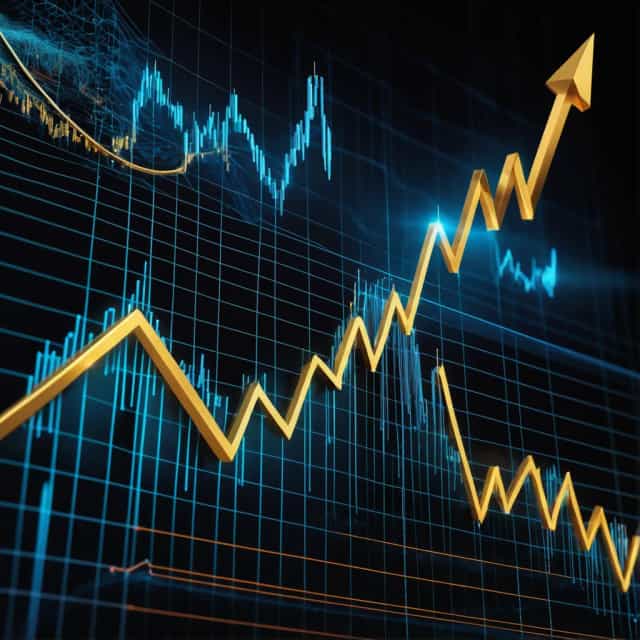![[Breaking News] U.S. February Producer Price Index (PPI) rises 3.2% year-over-year, below expectations](/_next/image?url=https%3A%2F%2Fwww.blockmedia.co.kr%2Fwp-content%2Fuploads%2F2022%2F03%2F%25EC%259D%25B8%25ED%2594%258C%25EB%25A0%2588%25EC%259D%25B4%25EC%2585%2598.jpg%3Fformat%3Dwebp%26width%3D600&w=1200&q=70)
Image source: Block Media
U.S. February Producer Price Index Stagnates, Easing Pre-Tariff Inflationary Pressures
New York — Correspondent Park Jaehyung. The February Producer Price Index (PPI) in the United States remained unchanged from the previous month, suggesting a moderation in inflationary pressures ahead of President Donald Trump's additional tariff impositions.
According to data released by the U.S. Bureau of Labor Statistics (BLS) on the 13th (local time), the PPI for February recorded 0 percent compared to the previous month. This stabilization follows a revised 0.6 percent increase in January. Economists surveyed by Bloomberg had anticipated a 0.3 percent rise, but the actual figure fell short of expectations. On an annual basis, the PPI rose by 3.2 percent.
Consumer Price Inflation Slows
The producer price data aligns with a slowdown in the Consumer Price Index (CPI), announced a day earlier. The CPI for February increased by just 0.2 percent, marking the lowest rise since October last year. While this indicates that some inflationary pressures are easing, the focus remains on how President Trump's broad tariff policies will impact future inflation.
President Trump has announced new import tariffs targeting major trading partners of the United States, which could lead to increased import prices over the next few months.
Federal Reserve Policy Implications
The PPI report is seen as a significant factor influencing the Federal Reserve’s preferred inflation gauge, the Personal Consumption Expenditures (PCE) Price Index, which is scheduled for release later this month.
Experts believe that the latest data will play a critical role in the Federal Reserve's interest rate policy decisions. If the trend of subdued price increases continues, there could be a higher likelihood of a rate cut by the Fed. However, should the new tariff policies spur inflation, the Fed's policy direction might shift accordingly.










